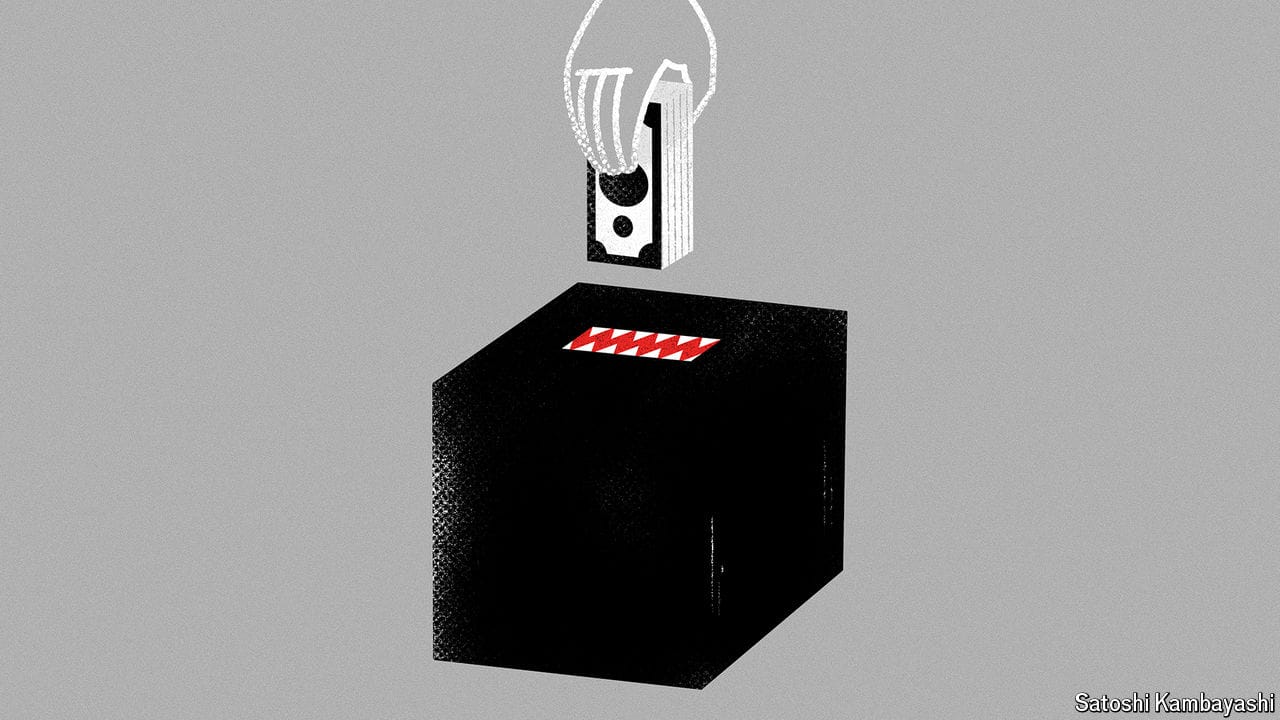Belligerent unions are a sign of economic health
Strikes are neither a bad omen nor entirely unwelcome

THE DISSONANCE could hardly have been more apparent. America’s most recent employment figures captured a jobs market in fine fettle: firms added 128,000 new workers in October, while unemployment held near historically low levels and wages rose at a respectable clip. The data would probably have looked better, however, had they not been depressed by a costly labour dispute, only recently ended, at General Motors (GM). Workers around America are showing their restlessness; members of the Chicago Teachers’ Union returned to work on November 1st, after striking to demand higher pay and more investment per student. The unrest may seem odd given the robust state of the labour market. In fact it is neither a bad omen nor entirely unwelcome.
In their book on organised labour, “What Do Unions Do?”, Richard Freeman and James Medoff argue that unions play two principal economic roles. They provide workers with a voice; through a union frustrated workers, who might otherwise simply quit, can communicate their dissatisfaction to the firm. Communication can raise efficiency by boosting morale, and by helping firms to retain workers and identify and fix problems. But unions also function as monopoly providers of labour. By controlling labour supply they are able to extract rents—and thus raise members’ compensation—reducing economic efficiency.
This article appeared in the Finance & economics section of the print edition under the headline “When the iron is hot”
Finance & economics November 9th 2019
- Revisiting the euro’s north-south rift
- China tries to squeeze more out of a small trade deal with America
- Have billionaires accumulated their wealth illegitimately?
- Distressed debt funds are waiting for a downturn
- What is the illiquidity premium?
- Mexico’s radical president serves up economic mediocrity
- Litigation finance faces ethical quandaries
- Financial crime through video games is on the rise
More from Finance and economics

China’s last boomtowns show rapid growth is still possible
All it takes is for the state to work with the market

What the war on tourism gets wrong
Visitors are a boon, if managed wisely

Why investors are unwise to bet on elections
Turning a profit from political news is a lot harder than it looks
Revisiting the work of Donald Harris, father of Kamala
The combative Marxist economist focused on questions related to growth
Donald Trump wants a weaker dollar. What are his options?
All come with their own drawbacks
Why is Xi Jinping building secret commodity stockpiles?
Vast new holdings of grain, natural gas and oil suggest trouble ahead
